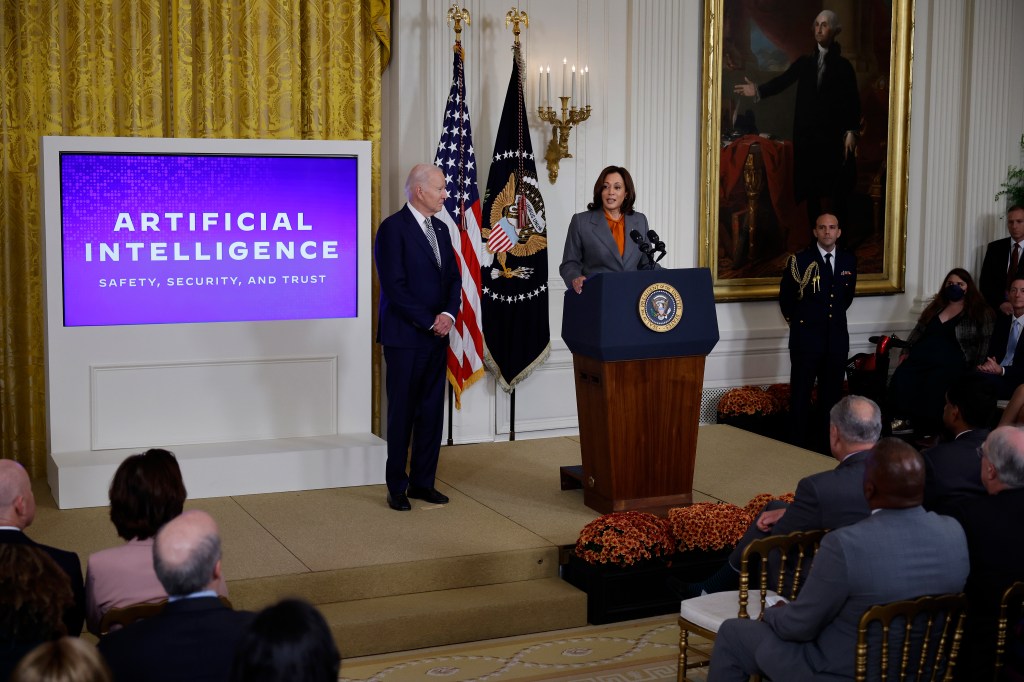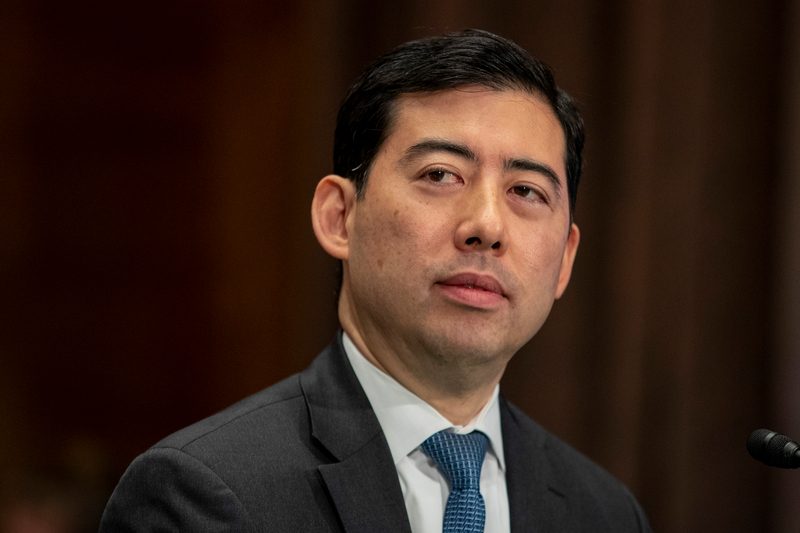The FCA is proposing to give asset managers for pooled investment funds greater flexibility in how they pay for investment research. This will allow fund managers to combine payments for research with trade execution, subject to certain guardrails. It is the FCA’s view that the proposed rules will make it easier to buy insight and analysis across borders.
These new proposals mirror the FCA’s finalized rules (set out in PS 24/9) published in July 2024, which allow institutional investors more flexibility in paying for investment research. The new rules have enabled MiFID investment firms who wish to buy research for their segregated mandates to use joint payments for third-party research and execution services, provided firms meet certain requirements.
The new option exists alongside those already available, such as payment from an asset manager’s own resources, and payment from a dedicated research payment account, thereby allowing firms additional flexibility, said the FCA.
Jon Relleen, director of Supervision, Policy and Competition at the FCA, said: “We want UK markets to be efficient and to support economic growth. Putting more information in the hands of investors and giving investment firms greater access to research to inform their strategies will bolster UK markets.
“We want to seize opportunities to enhance and streamline our rules and support the competitiveness of sectors in which the UK is already a recognised world leader.”
The industry view
We spoke to Seung Earm, partner & co-founder at Ibex Compliance, about the new payment option for research published in July, and the discussions she’s had since with her clients.
“In short, based on what I have discussed with some buy-side firms, this will not change them much. This is because MIFID II unbundling rules were very costly and operationally demanding.
“Most firms already had processes in place back in 2018 and they feel it will be too expensive to change it for a limited benefit. Even after MiFID II Quick Fix on research in 2021 post Covid, most firms didn’t change to reflect the relaxation of the rules.
“The general view I have heard is that it is:
- expensive and operationally strenuous to change; and
- if you are a global firm you still need to comply with EU, US and other jurisdiction rules and it is easier to follow all-in-one policy and procedure in the strictest way in an organization rather than changing each time there is a small change.
“But I know buy-side firms are reviewing and will do a cost-benefit analysis and decide whether this is worth implementing.
“The FCA rule on this is not mandatory and optional so firms can still stay put and not make any changes. Similar to what happened in MiFID II research unbundling implementation, if there are one or two big firms leading the way the rules are interpreted and implemented, there is a chance that market would follow that trend.
“However, for the moment, I have seen little appetite to change for buy-side firms. Sell-side usually follow clients’ directions and requirements.
“Please note that ESMA has also issued a Consultation Paper, dated November 28, 2024, on the MiFID II research regime setting out proposed amendments to the research provisions. The ESMA consultation ends in Jan 2025, so firms are still reviewing but it seems at a first take that the ESMA proposals remain more high level than the FCA rules on the new joint payment option for research and execution.
“The good thing is that both FCA and ESMA are showing some flexibility for buy-side firms. In terms of what the firms actual take up on the FCA rules and what changes will potentially bring by ESMA, we will have to watch and see.”
Next steps
The FCA has asked stakeholders to respond to the consultation by December 16, 2024. After considering feedback, the FCA will aim to publish any rules or guidance in a policy statement in the first half of 2025.
For further analysis see FCA finalizes changes to rules on Investment Research.













